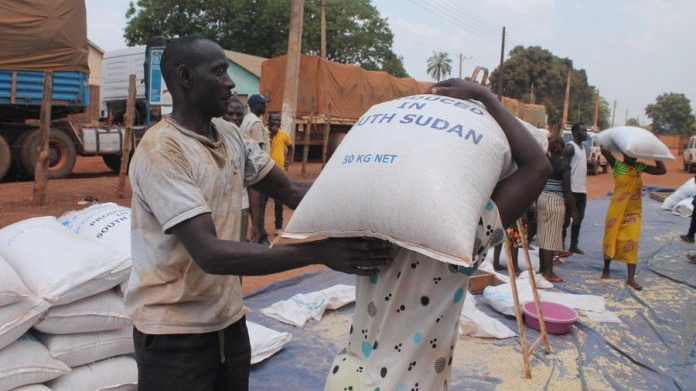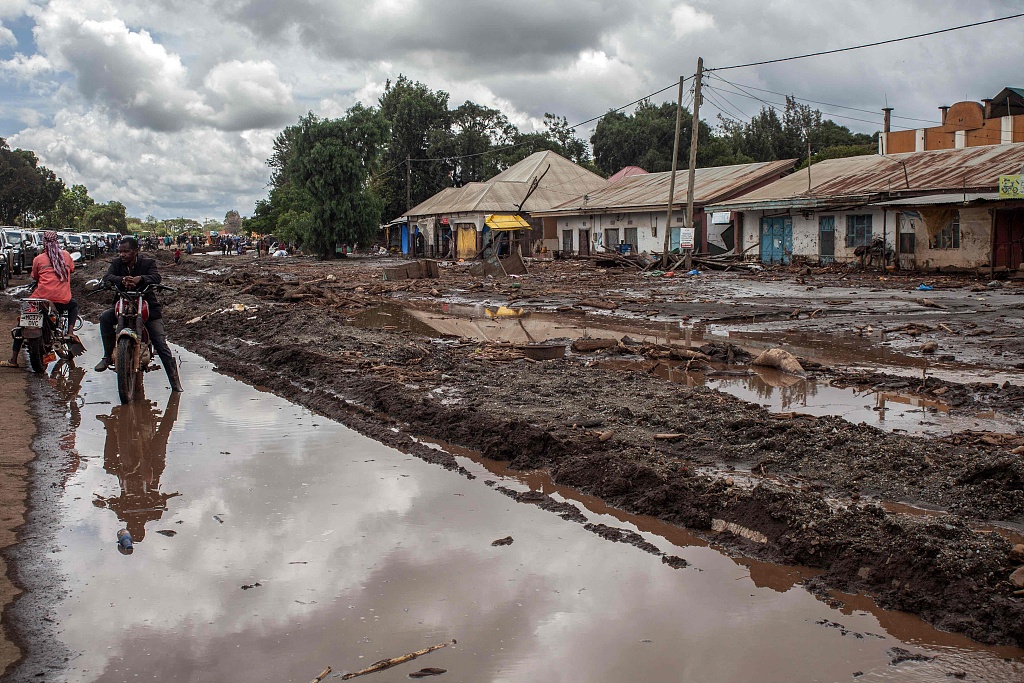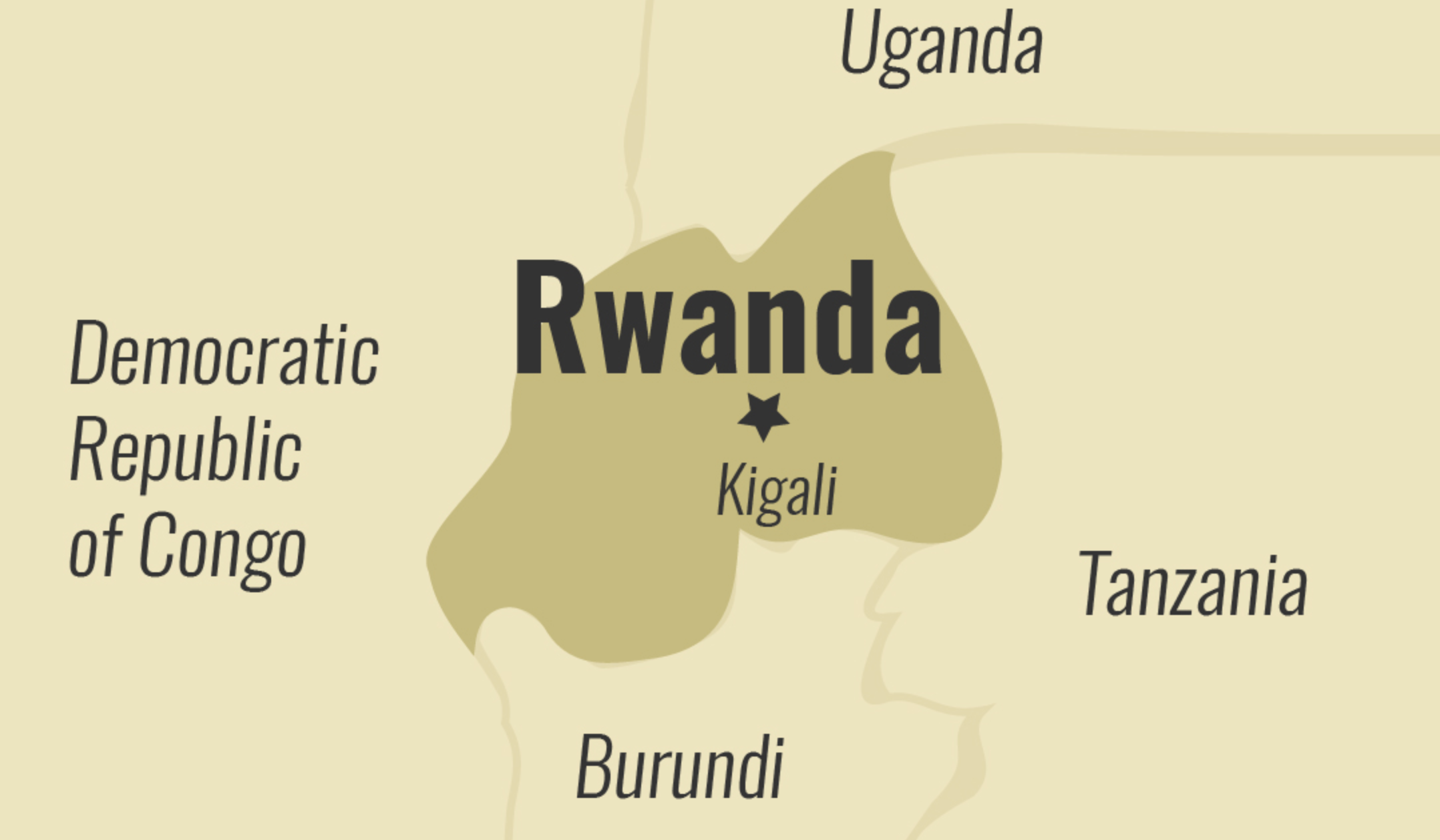UN: Violence against women a global pandemic

Violence against women and girls remains a global pandemic, affecting one in three women worldwide.
This is according to a United Nations report presented by Secretary General Ban Ki-moon that was released at the the 59th session of the UN Commission on the Status of Women in New York that started on Monday.
The number of victims remains shockingly high despite such violence being widely recognized not only as a gross human rights violation but as a barrier to national progress and global development.
The report finds that so far, uneven progress has been unacceptably slow with stagnation and even regress in some places.
According to the report , in a study that was conducted by WHO, 35% of women around the world have experienced either sexual or physical violence from an intimate partner, or sexual violence from a non-partner.
In a study of 42,000 women in countries that are members of the European Union, only a third of victims of intimate-partner violence contacted authorities or sought out support services; of those who experienced violence from someone who wasn’t a partner, only one-fourth did so.

The report highlighted that victim-blaming attitudes play a role. In one 2010 study of 15 European nations cited by the report, 52% of all respondents agreed that women’s behavior contributed to domestic violence; in one of those countries surveyed, 86% of respondents agreed with that statement.
The Beijing Declaration and Platform for Action was adopted in Beijing at the Fourth World Conference on Women.
Once considered the world’s most comprehensive framework for advancing women’s rights, the 1995 Beijing agreement was signed by 189 governments.
But 20 years on, the UN says the deal’s commitments have been only partially fulfilled.
As the 59th session of the Commission on the Status of Women (CSW) gets under way in New York on Monday, organizers say their focus will be to review the progress made so far in the implementation of the Beijing Declaration.
“From the political to the economic spheres, progress has been made, but not enough,” said UN Women, the UN agency responsible for gender equality, in a statement ahead of the session.
If all of Beijing’s signatory countries had lived up to their pledges we would be seeing a lot more progress than the “modest gains” we are currently celebrating, said the agency’s executive director, Phumzile Mlambo-Ngcuka.
Phumzile Mlambo-Ngcuka said if the most countries that sighned the Beijing declaration would ensure safe environments for women empowerment, the world today would be talking about equality for women across the board – and we might be talking about a saner, more evenly prosperous, more sustainably peaceful
Some 50 percent of women are in paid employment worldwide, an increase from 40 percent more than 20 years ago, according to UN Women figures. But wage disparities remain persistent. At current rates of progress it will take more than 80 years for women to achieve equality in this sphere and more than 75 years to achieve equal pay, the agency notes. And even today, only one in five parliamentarians is a woman.






